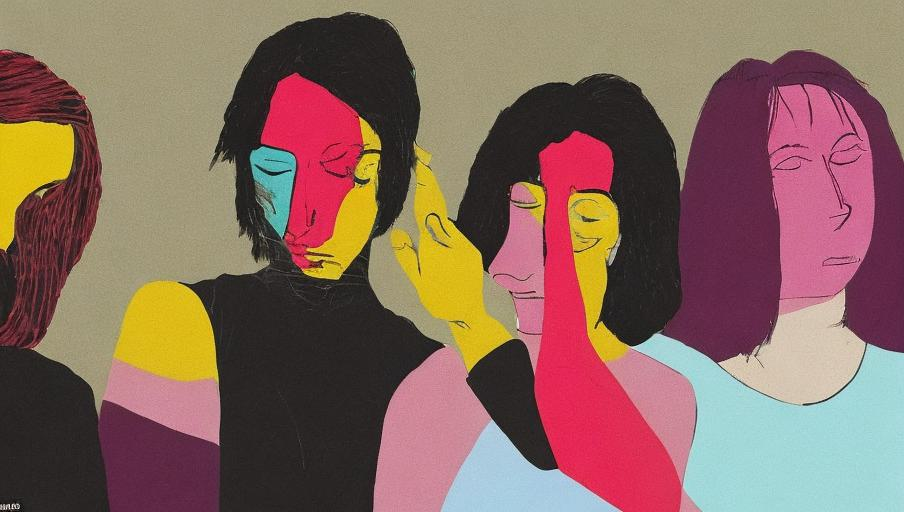Sometimes, it's not just ADHD...

Those of us with ADHD know we experience a range of symptoms, including inattention, hyperactivity, and impulsivity. However, we also know that ADHD often occurs alongside other conditions such as anxiety and depression.
The term "comorbidity" is used to describe the presence of two or more conditions or disorders in a person. For ADHD, comorbidity with anxiety and depression is common: According to the Anxiety and Depression Association of America, approximately 50% of individuals with ADHD also have an anxiety disorder, while around 30% have a mood disorder such as depression.
Anxiety is when you expereince feelings of worry, fear, and unease. People with ADHD and anxiety may experience excessive worrying, restlessness, and difficulty concentrating. On the other hand, depression is marked by persistent feelings of sadness, hopelessness, and a lack of interest in activities. In ADHD with depression symptoms may be low mood, fatigue, and difficulty with concentration.
The presence of comorbid anxiety and depression can make symptoms of ADHD much worse, and make managing day-to-day activities more difficult. For instance, anxiety can lead to increased distractibility and difficulty with attention, while depression can lead to decreased motivation and low energy. Therefore, it's essential for individuals with ADHD to receive appropriate treatment for both ADHD and any co-occurring conditions. Personally, I have suffered from both at times, depending on life stresses and triggers that I experience. It can be extremely debilitating, but I sought help and got, and continue to get, the treatment I need. It's also really important to talk about it - which is why I started this blog. Talking about issues is the first step to getting help and sorting it out.
Fortunately, treatments are available for comorbid ADHD, anxiety, and depression. Medications, such as selective serotonin reuptake inhibitors (SSRIs) and serotonin-norepinephrine reuptake inhibitors (SNRIs), are commonly used to treat anxiety and depression. Additionally, therapy, such as cognitive-behavioral therapy (CBT), can help individuals learn strategies to manage their symptoms. I have used a combination of therapy and ongoing medication to manage my symptoms, and don't know where'd I be without them.
to sum up, comorbidity is a common occurrence for individuals with ADHD, with anxiety and depression being common examples. If you suspect that you or a loved one has ADHD or any other mental health condition, it's important to seek help from a medical professional. With the right treatment, it's definitely possible to manage the symptoms of comorbid conditions, live a fulfilling life and even thrive.
What's your experience with ADHD combined with anxiety or depression? How do you manage it? Let us know in the comments below!
